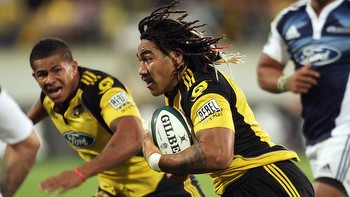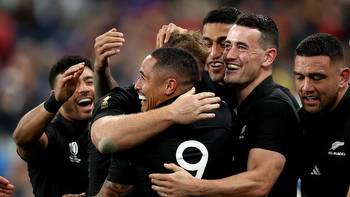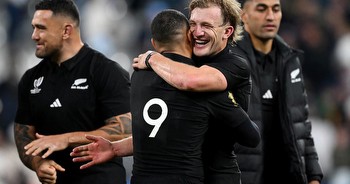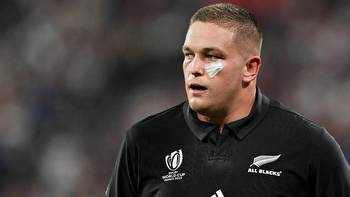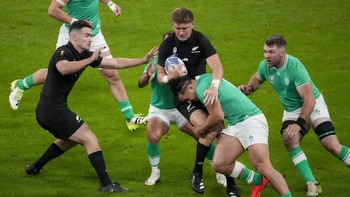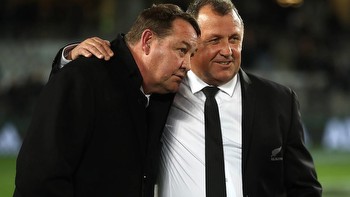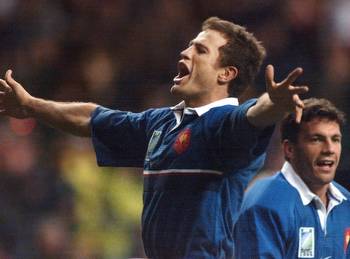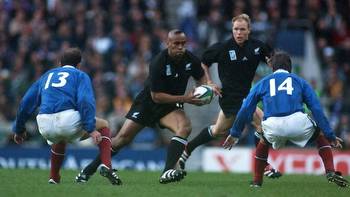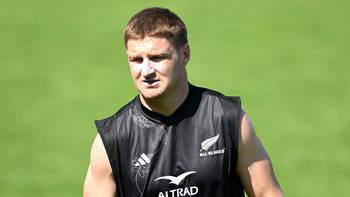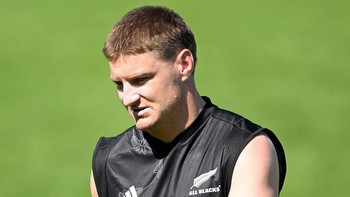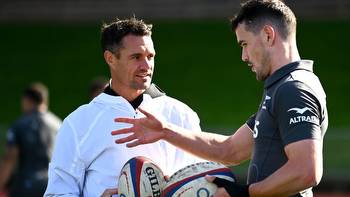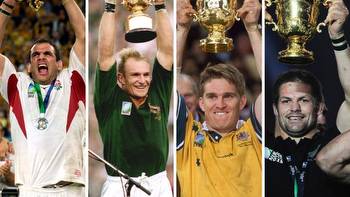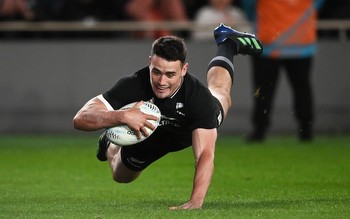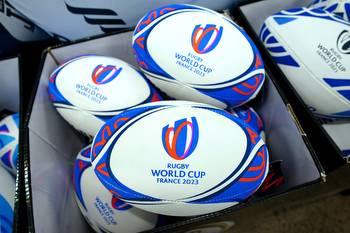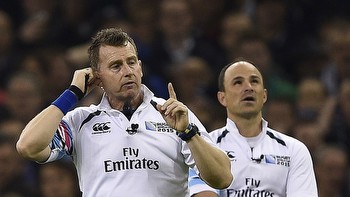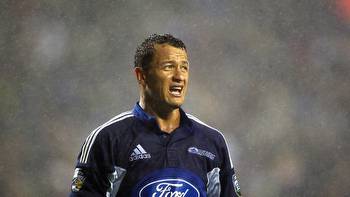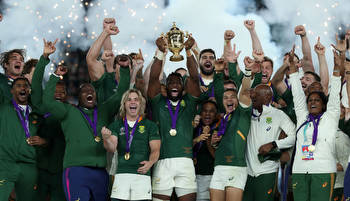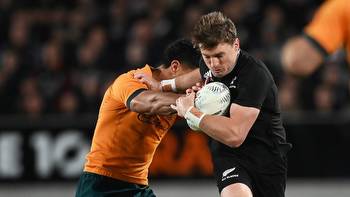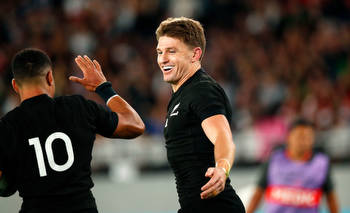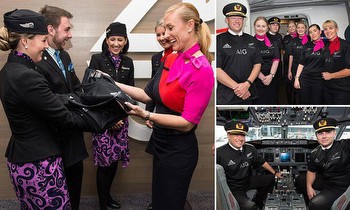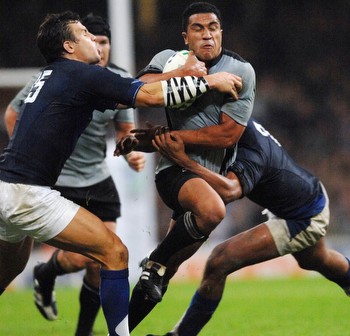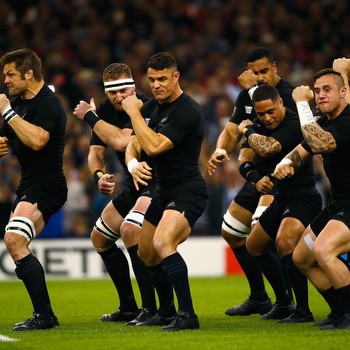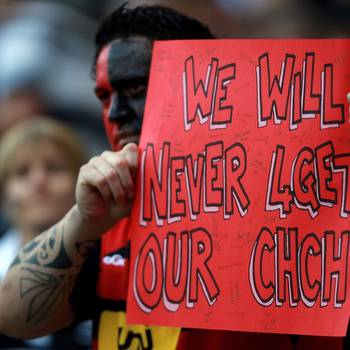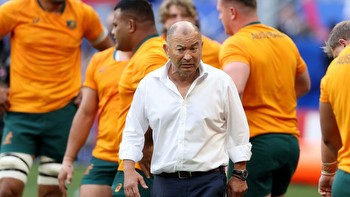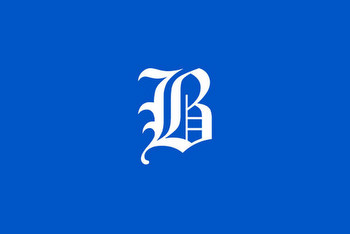Rugby World Cup: Where the hell did it go wrong for the All Blacks in France in 2007?
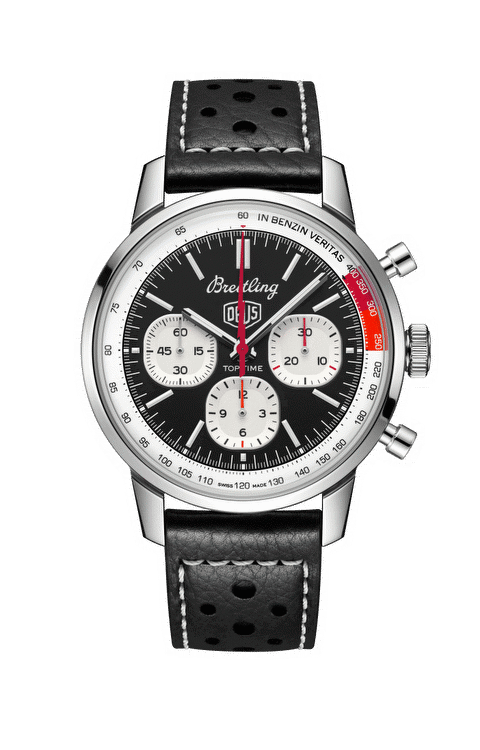
The crash, when it came, was spectacular.
Few people beyond the perimeters of the French squad suspected the All Blacks team would be foolish enough to stumble into the bear trap set by their opponents during the quarterfinal in Cardiff, but that’s exactly what happened.
The 20-18 loss remains the All Blacks worst result at a World Cup; it also serves as a grim reminder of how quickly things can deteriorate in high-pressure matches at global tournaments.
When referee Wayne Barnes ended the game at the arena then known as Millennium Stadium, it was as if the lights behind the All Blacks players' eyes had been dimmed.
They gawped at each other in disbelief as they tried to compute that their time at the event was over, and in the post-match TV interview immediately after the contest captain Richie McCaw struggled to explain how the dream had exploded.
McCaw looked shell-shocked: ”It’s one of those days you just want to forget,’’ he said.
When the All Blacks departed New Zealand prior to the tournament, they did so in the belief that they could be the best prepared team to enter a World Cup.
Although coach Sir Graham Henry and NZ Rugby didn't endear themselves to the franchise coaches and fans by sidelining the bulk of the squad for half of the Super 14 competition, and the National Provincial Championship, all would have been forgiven if they won the Webb Ellis Cup.
Having been instructed to focus on conditioning during their absence from Super Rugby and the NPC, the All Blacks started their year by beating an under-strength French team twice, and thumping Canada. They also retained the Tri Nations title and the Bledisloe Cup.
The only glitch was the 20-15 defeat to the Wallabies in Melbourne, a team that hadn't beaten them since 2004. Regardless, the team appeared to be humming.
From a logistical perspective the World Cup was tricky, but management had meticulously planned for unexpected outcomes off the park.
Then it was down to business.
Given they were at short odds to win the tournament, the All Blacks weren't expected to be troubled by Italy, Portugal, Scotland and Romania in their pool games. They weren't.
Later, when an investigation was launched by NZ Rugby, it became evident those easy results did little to prepare the players for the intensity of a sudden-death game.
France, a team the All Blacks easily beat earlier in the season, weren't given much hope of creating turmoil in the quarterfinal.
But they did. The All Blacks were out.
So what went wrong?
THE CONDITIONING PROGRAMME
If the All Blacks were to blaze a path through their opponents, the blade had to be sharp.
So Henry and assistants Sir Wayne Smith and Sir Steve Hansen convinced the NZ Rugby to implement a programme for 22 leading All Blacks, which required them to follow a 12-week conditioning window from January to March and miss the first seven weeks of Super 14.
It's no coincidence the exercise, despite its merits, has never been repeated. The idea was right: to give the players every chance to be at their best during the tournament.
The outcome speaks for itself. While the data proved the players were fitter and stronger, their return to Super 14 wasn't effectively managed, which frustrated the All Blacks coaches, the franchise coaches and the players.
Some players hated being sidelined, and when they did get back to work they lacked confidence. It was as if they had just returned to start their pre-season games, only to discover their battle-hardened opponents were operating at several levels above.
Soft tissue injuries were also an issue for several players.
Sky, the official broadcaster, told a post-tournament review panel it was supportive of the conditioning programme but it came at a cost. The withdrawal of the 22 key players contributed to a decline in viewership of 29% for Super 14 games.
It's important to note that the All Blacks won the next two World Cup tournaments, in 2011 and 2015, without their top players being sidelined from the Super competition. Instead the players' workload was managed.
This season it was agreed that most players wouldn't play more than five games in a row during Super Rugby Pacific, although that rule was relaxed to allow several to cover for injured team-mates.
THE POOL GAMES WERE TOO EASY
The first match against Italy in Marseilles began in strange circumstances.
The Italians, as was their right, elected to stand in a circle with their backs to the haka performed by the All Blacks. The result? A 76-14 defeat for the Azzurri.
Next up, Portugal in Lyon. It was a farce. The All Blacks, captained by the late Jerry Collins because McCaw wasn't named in the match-day 23, won 108-13.
The All Blacks were so confident of victory that they didn't list any specialist locks on the bench, which meant that when Chris Jack and Ali Williams were subbed off tighthead prop Carl Hayman and No 8 Rodney So'oialo packed down in the second row.
It was a test match in name only.
Next-up was a Scotland team laden with second-string players because coach Frank Haddin wanted to field a full-strength side for the Scots next match against Italy.
The result was a 40-0 win for the All Blacks, but the error rate was a concern. Yes they were winning games with ease, but it was difficult not to feel slightly worried about the mis-matches ahead of the quarterfinal.
The All Blacks won their final pool game, against Romania in Toulouse, 85-8. Another rout. How could anyone complain when the winners bagged 13 tries?
It turned out the real storylines were off the field. First five-eighth Dan Carter was scratched from the team because of a calf strain. Collins captained the team, with McCaw named on the bench and getting the opportunity to stretch his legs in the latter part of the game.
THE QUARTERFINAL
Memories don't always fade with the passage of time.
France's 20-18 win in the playoff game in Cardiff remains one of the greatest upsets in the history of the World Cup, and for some All Blacks fans the mere thought of this game, 16 years after the event, can make them recoil with anger and frustration in equal measure.
It wasn't just one thing. A combination of factors helped whip-up the perfect storm. Several were beyond the All Blacks' control. An excellent defensive performance from the French, who were led by magnificent tackling machine Thierry Dusautoir, shouldn't be overlooked.
Below is a list of factors that contributed to the demise of the All Blacks.
THE REFEREE
Was 27-year-old English barrister Barnes too inexperienced to referee a fixture of this magnitude? Yes.
Barnes froze, especially in the final quarter when decisiveness was replaced by terror. He just couldn’t bring himself to make a call that could decide the match. So he stood back and watched.
What is important to note, however, is that he wasn't the sole reason the All Blacks lost.
When NZ Rugby commissioned an independent review of the World Cup campaign, it came to the conclusion that the All Blacks coaches were unconcerned, or at least comfortable, when Barnes was appointed because of his earlier form at the event.
Barnes, regrettably, was poor in other areas. He missed a forward pass by Frederic Michalak prior to Yannick Jauzion's try.
The penalty count favoured the French 10-2, despite the All Blacks dominating territory and possession. Midfielder Luke McAlister was also yellow carded for taking Jauzion without the ball. What was even more telling was that the All Blacks were never awarded a penalty in the second half. Barnes had lost the plot.
That was crucial when it came to the decision not to set-up for a drop goal late in the game.
DROP GOAL
In the final 10 minutes the message sent from the coaches to McCaw was to prepare for the kick from the field.
The players, however, plugged on in the vain hope they would score a try or receive a penalty. The decision to not attempt a "droppie'' until almost the final minute was influenced by the absence of Carter, who left the field with a sore calf, and Nick Evans who was also injured.
One crucial piece of information, however, hadn't been relayed to captain McCaw and his men. That was the fact that Barnes hadn't awarded the All Blacks a penalty after the first half.
Given the All Blacks had annexed more territory, and held the ball for longer periods, without winning any favours from Barnes was a worry.
McAlister had a long-range attempt, and failed miserably. The ball bounced a couple of times before getting near the goal posts. Later the coaches admitted they could have made more of an effort to work on the strategy prior to the quarterfinal.
McCaw, in his book, was more forthright. He said it has never been a part of their plan. So McCaw, having been reminded not to forget the drop goal option by the coaches, urged his team to keep the ball in hand and attempt to score a try.
It had worked in the past, so why not in that test? Well, in previous games, the All Blacks had been given penalties when they put teams under immense pressure. With Barnes unwilling to make a decision, however, the All Blacks were left stranded.
When McCaw finally told McAlister to have a crack from halfway, it was too late.
INJURIES
Loose forwards Chris Masoe and Collins, along with first five-eighths Evans and Carter, were forced to exit the field during the game because they were hurt.
Masoe and Evans were replacements for Collins and Carter.
Keven Mealamu was injured and couldn't be considered for selection.
Six of the team's 10-strong leadership team weren't on the field in the closing minutes because they were either hurt, or hadn’t been picked. That heaped pressure on McCaw, who lacked a security blanket when it came to the big crunch.
In the final minutes, when the pressure was white-hot, the inside back combination comprised Brendon Leonard, Isaia Toeava and McAlister.
A lack of experience and leadership stung the All Blacks when they desperately needed all of that, and more.
DID THE ALL BLACKS LOOK BEYOND THE QUARTERFINAL?
The coaches and players refuted suggestions the All Blacks were complacent.
The post-tournament review noted the team's leadership group elected not to "push the emotional button'' because there can be a let-down period during the week following such an approach.
History proves this can indeed be the case. When the All Blacks thumped the Wallabies in the World Cup semifinal in 2011, they struggled to peak against the French in the final and were fortunate to escape with a 8-7 victory.
Look what happened to England after they comprehensively outplayed the All Blacks in the semi in Yokohama in 2019. They were listless in the final against the Springboks and got walloped.
So it's understandable that the All Blacks wanted to keep their power dry, to a degree, when they played the French in 2007. The margins can be fine.
Especially against the French: this was the same team that embarrassed the All Blacks in the semifinal in London in 1999. History repeated itself.
SELECTIONS
The decision to play Mils Muliania at centre, to allow Leon MacDonald to fill the No 15 jersey was a discussion topic among fans after the defeat.
Naming lock Keith Robertson ahead of Chris Jack, the latter came off the bench, also came under scrutiny after the All Blacks' forward pack was shaded by its counterparts. Although, it has to be said, lock Ali Williams was excellent.
Leaving Aaron Mauger off the team sheet to allow McAlister to operate at No 12 was also hotly debated in the aftermath.
Loose forward Reuben Thorne, the latter captained the team at the 2003 World Cup, and wing Doug Howlett were also omitted.
Those quibbles aside, it was a potent All Blacks team on paper. It just failed when it mattered.
THE HAPPY ENDING
Four years later the All Blacks, with captain and coaching staff intact, triumphed in the World Cup tournament in New Zealand.
They beat France in the final at Eden Park in Auckland. The pain and anger from bombing out in the quarterfinal in 2007 was washed away as the All Blacks claimed the Webb Ellis Cup for the first time since 1987.
McCaw, despite having to play with a broken bone in his foot for much of the tournament, finally had his hands on the Webb Ellis Cup.
Henry retired a happy man, and was later knighted for his services to rugby. Would that have happened if the All Blacks had lost the 2011 final? Probably not.
